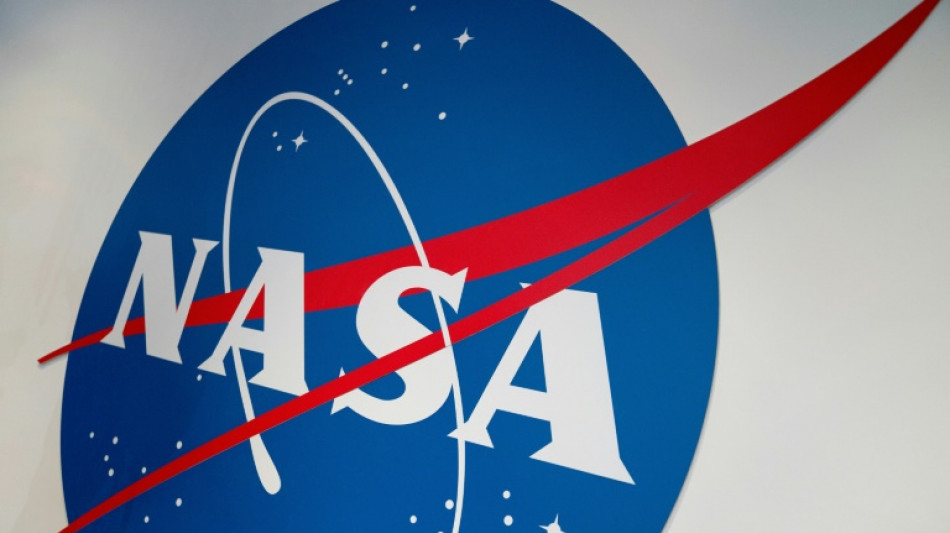

Trump NASA budget prioritizes Moon, Mars missions over research
President Donald Trump's proposed NASA budget released Friday puts crewed missions to the Moon and Mars front and center -— slashing science and climate programs as it seeks to shrink the agency's funding by nearly a quarter.
The plan would significantly overhaul flagship programs, phasing out the government-owned Space Launch System (SLS) rocket and Orion crew capsule, and eliminating the planned lunar space station known as Gateway.
It would also cancel the Mars Sample Return mission, a joint project with the European Space Agency to bring back rock samples collected by the Perseverance rover and analyze them for signs of ancient microbial life.
The budget argues the effort is unnecessary, since its "goals would be achieved by human missions to Mars."
"This proposal includes investments to simultaneously pursue exploration of the Moon and Mars while still prioritizing critical science and technology research," said acting NASA Administrator Janet Petro in a statement.
The White House says it wants to focus on "beating China back to the Moon and putting the first human on Mars." China is aiming for its first crewed lunar landing by 2030, while the US program, called Artemis, has faced repeated delays.
Under the proposal, SLS and Orion would be retired after Artemis 3 -— the first mission intended to land astronauts on the Moon.
Critics have long called SLS bloated and inefficient, but its potential replacements —- SpaceX's Starship and Blue Origin's New Glenn -— have yet to be fully flight certified.
SpaceX chief Elon Musk is one of Trump's closest advisors and oversees his cost-cutting efforts for the so-called Department of Government Efficiency.
Tech billionaire Jared Isaacman, Trump's pick to lead NASA, has flown to space with SpaceX twice -— raising further concerns about conflicts of interest.
The administration is requesting $18.8 billion for NASA, down from $24.8 billion last year —- a 24.3 percent cut.
Still, it would boost the agency's space exploration budget by $647 million compared to 2025, with total spending on crewed lunar exploration topping $7 billion. An additional $1 billion would go toward new "Mars-focused programs."
Meanwhile, NASA's Earth Science division would be slashed by more than $1.1 billion, cutting what the proposal calls "low-priority climate monitoring satellites."
Often viewed as a political wishlist ahead of fuller negotiations with Congress, the so-called "skinny budget" has already drawn sharp criticism.
"The White House has proposed the largest single-year cut to NASA in American history," said the Planetary Society.
"Slashing NASA's budget by this much, this quickly, without the input of a confirmed NASA Administrator or in response to a considered policy goal, won't make the agency more efficient -- it will cause chaos, waste the taxpayers' investment, and undermine American leadership in space."
T.M.Kelly--NG



